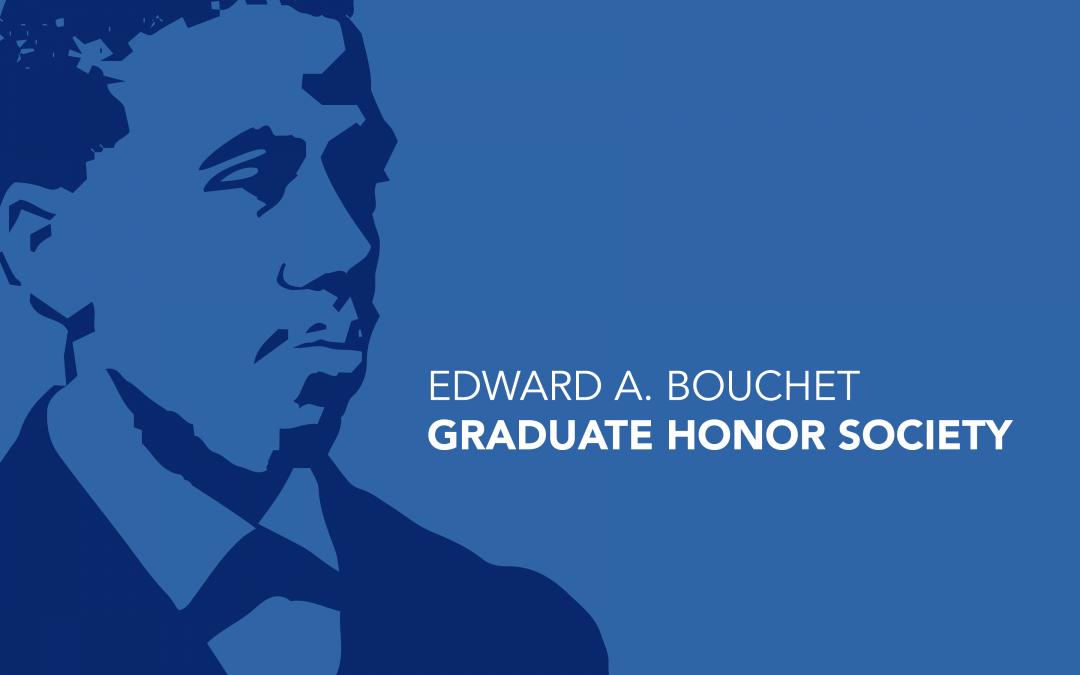Five Rackham students will be inducted into the Edward Alexander Bouchet Graduate Honor Society. Named for the first African American doctoral recipient in the United States, the Bouchet Society recognizes outstanding scholarly achievement and promotes diversity and excellence in doctoral education and the professoriate.
The Bouchet Society is a network of preeminent scholars who exemplify academic and personal excellence, foster environments of support, and serve as examples of scholarship, leadership, character, service, and advocacy for students who have been traditionally underrepresented in the academy.
In the spirit of Bouchet’s commitment to these ideals, the 2022 Bouchet inductees representing the Rackham Graduate School’s society chapter have all demonstrated significant achievement in these five areas.
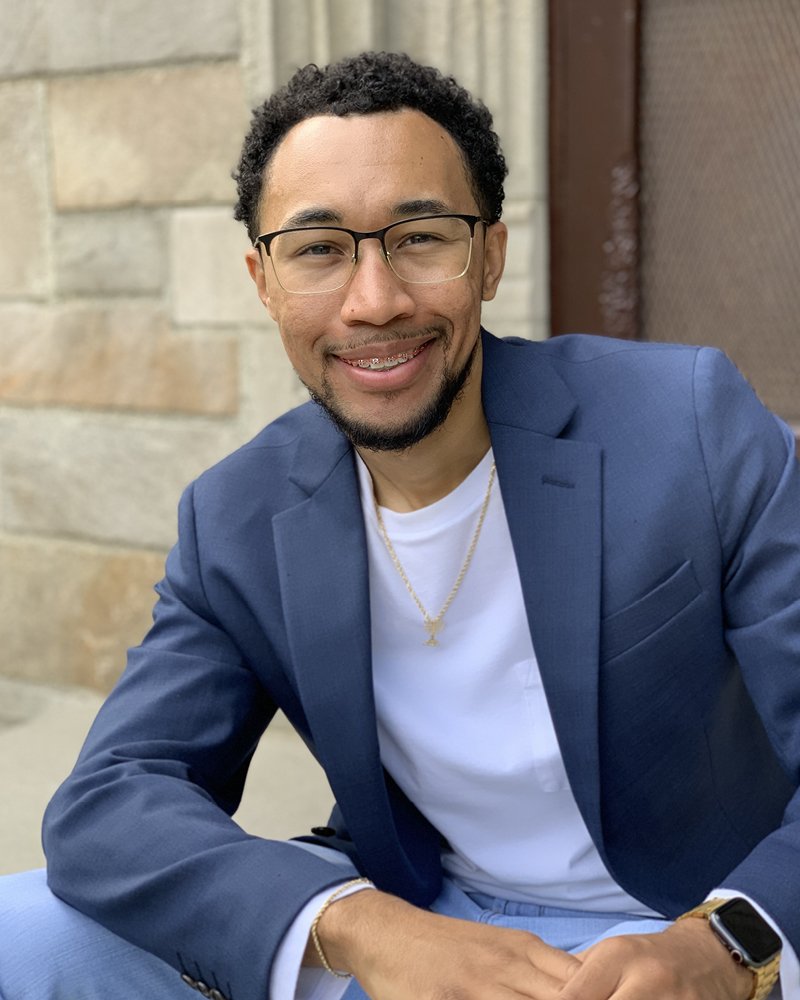
Matthew R. Culberson
Matthew R. Culberson is a Ph.D. candidate in chemistry with a concentration in organic and organometallic chemistry at the University of Michigan. His research focuses on the development of catalytic palladium methods for the synthesis of biologically relevant molecules. Specifically, under the guidance of John P. Wolfe, he researches palladium-catalyzed alkene difunctionalization syntheses and methods to access natural products and drug targets. With these studies, Matthew has recently achieved his embedded Master of Science degree in chemistry. He was awarded his Bachelor of Science degree in biochemistry and molecular biology from the University of California, Davis. His undergraduate research in rhodium-catalyzed C–H insertion reactions was published in the Chemical Science Journal. Across his entire academic career, he was granted over 25 scholarships, awards, and honors, including the NASEM Ford Foundation Predoctoral Fellowship Honorable Mention, University of Michigan Rackham Merit Fellowship (RMF), Alpha Kappa Alpha Educational Advancement Foundation, Inc. Scholarship, 100 Black Men of America, Inc. Future Leader Scholarship, California Legislative Black Caucus Scholarship, Sacramento Area Black Caucus Scholarship, and Ronald McDonald House Charities Scholarship. Since his first undergraduate year, Matthew has been teaching science as an undergraduate chemistry tutor, medical school instructor, K-8 teacher, and graduate student instructor (GSI). Of all his accomplishments, Matthew is most proud of giving back to underserved or historically marginalized communities through teaching and community service, participation on panels or in speaking opportunities, and mentoring Black students. Ultimately, his goal is to become a professor.
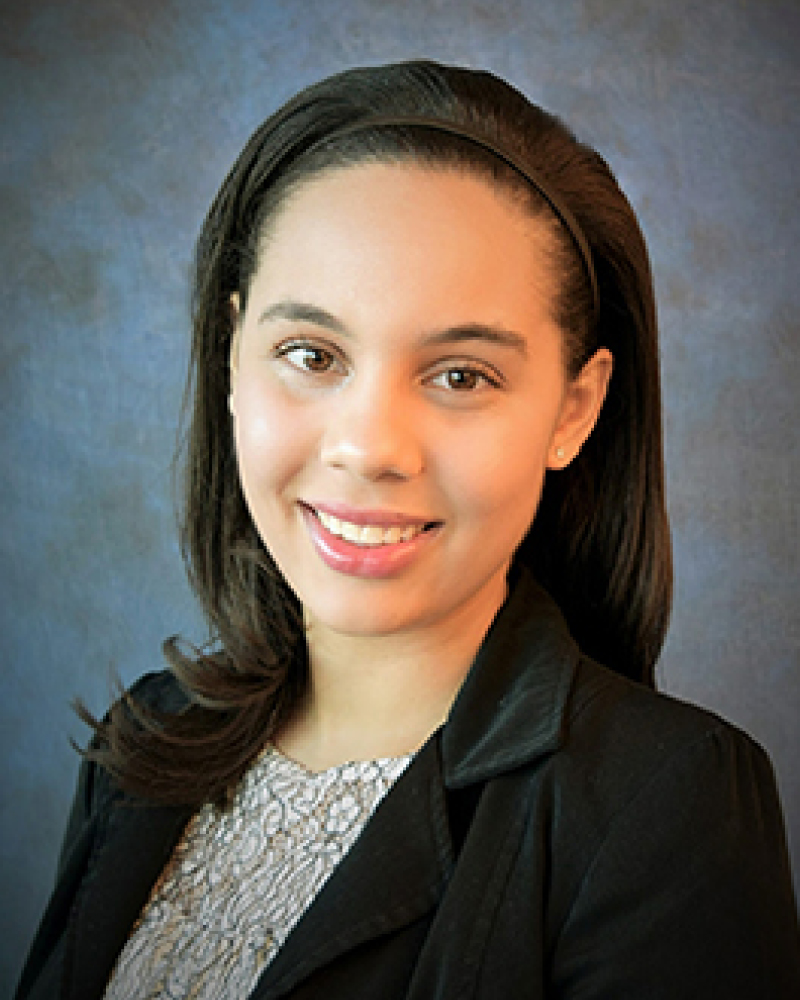
Patrice Marie Hicks
Patrice Marie Hicks is a postdoctoral research fellow at the Kellogg Eye Center in the Department of Ophthalmology and Visual Sciences. Her research focuses on vision-threatening eye diseases and associated risk factors in underserved populations. Patrice has been recognized as an Alliance for Eye and Vision Research Emerging Vision Scientist, Association for Research in Vision and Ophthalmology Science Communication Fellow, and a University of Utah African American Doctoral Scholar. She received her Ph.D. in population health sciences from the University of Utah, where she was a National Institutes of Health T32 Vision Research Training Grant recipient and an Emerging Diversity Scholars Fellow. She also completed a master’s in public health from Michigan State University and a Bachelor of Science in chemistry from Eastern Michigan University. In addition to her research, Patrice enjoys teaching about health equity and mentoring students. She also advocates for funding of eye disease research to address health disparities. Patrice’s goal is to become a professor that is dedicated to health disparities research and training the next generation of public health professionals and researchers.
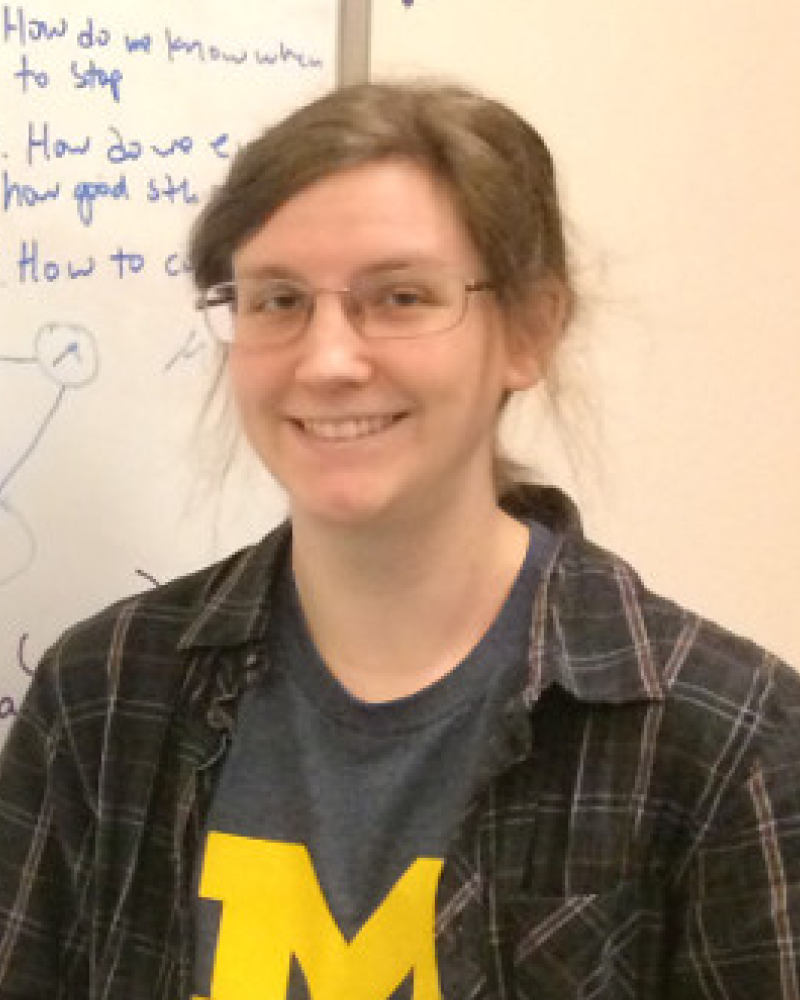
Jess A. Millar
Jess A. Millar is a candidate for the Ph.D. in bioinformatics and M.P.H. in hospital and molecular epidemiology, with a certificate in computational discovery and engineering at University of Michigan. Their research focuses on modeling disease dynamics from both between and within hosts and finding proactive strategies to reduce the burden of hospital acquired infections. Jess has been recognized as a National Science Foundation Graduate Research Fellow, a Rackham Merit Fellow, an American Society for Microbiology Science Teaching Fellow, and received the 2020 U-M Bioinformatics Student Service Award and the 2022 OGPS Excellence in Promoting Diversity, Equity, and Inclusion Award. Jess received a B.S. in micro/molecular biology and a M.S. in statistics from Portland State University, where they were a recipient of the McNair Scholars Research Fellowship and the NIH National Human Genome Research Institute Genomic Research Fellowship. Jess has spearheaded the removal of the Graduate Record Exam in public health admissions across the field; worked on U-M boards to address LGBTQ, trans-specific, and first-generation college student needs; maintained a mentoring relationship with the Portland State McNair program; acted as an admission ambassador for both Michigan Public Health and Bioinformatics; mentored for both the Michigan Public Health and Bioinformatics mentorship programs; and coordinated the Ecology and Evolutionary Biology Mentorship Program. Ultimately, Jess aspires to work at the intersection of data science and service, with a passion for improving lives through advocacy by using data as leverage for policy development.
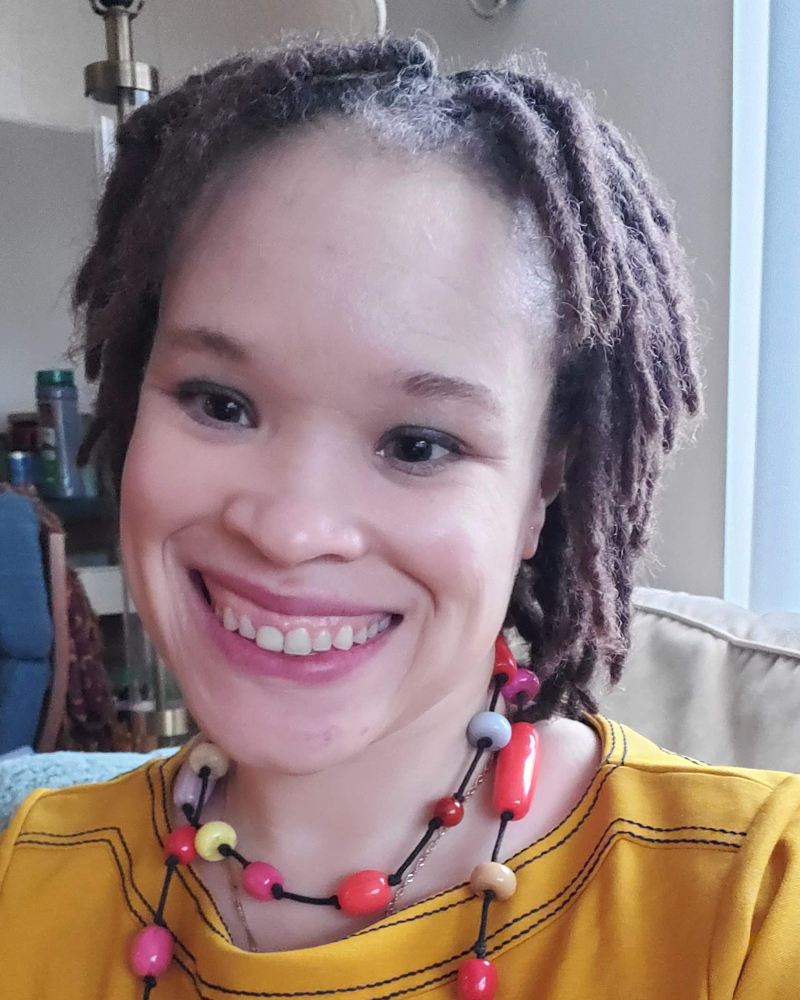
Kamaria B. Porter
Kamaria B. Porter is a Ph.D. candidate in higher education at the University of Michigan and lab manager for the University Responses to Sexual Assault (URSA) Project in the Department of Sociology. Her dissertation examines Black women’s perspectives of the legal system in weighing whether to report sexual violence to their university. Using her background as a counselor to survivors, Kamaria adapted her research design to include trauma informed practice. This study aims to understand how race, gender, and class influence Black women’s decision making around reporting sexual harm, how Black women evaluate sources of support offered by their schools, and whether the avenues available actually serve the recovery needs of Black women college students. As part of the URSA Project, Kamaria has trained and supervised nearly 100 undergraduate students coding sexual misconduct policies for adjudication procedures, and definitions of consent and prohibited conduct. Designing and overseeing data collection on several coding instruments, Kamaria has an in-depth knowledge of how colleges and universities responded to sexual violence. Before graduate school, she worked as a community organizer in Chicago, focusing on expanding health care access and affordable housing. While earning her master’s in higher education at Loyola University Chicago, she trained to be a rape survivor crisis counselor, assisting survivors and their families in ERs as they navigated complex medical and legal decisions. She is a Rackham Merit Fellow and a 2019 member of the Institute for Research on Women and Gender Community of Scholars program.

Aya M. Waller-Bey
Aya M. Waller-Bey is a Ph.D. candidate in sociology at the University of Michigan. Her research examines how Black undergraduate students confront, negotiate, and make meaning of expectations to narrate trauma in college personal statements. Aya is a 2020 Ford Foundation Predoctoral Fellowship awardee and, in 2021, received the National Center for Institutional Diversity Anti-Racism Summer Research Grant for her dissertation project. She is also a 2021 recipient of the University of Michigan Outstanding Graduate Student Instructor (GSI) Award, an honor that recognizes the efforts of GSIs who demonstrate dedication and excellence as teachers. Aya received her B.A. in sociology from Georgetown University. After graduation, Aya remained at Georgetown, working as an Admissions Officer and the Coordinator of Multicultural Recruitment. In 2015, she was awarded the Gates Cambridge Scholarship to the University of Cambridge in England—a scholarship awarded to only 40 people in the U.S. each year—and completed her Master of Philosophy in Education. She has presented her research at the University of Amsterdam in the Netherlands, symposiums at the University of Michigan, and an op-ed in Forbes. From leading social movements at her undergraduate institution, mentoring first-generation college students, and coordinating fundraisers in her hometown of Detroit, Aya’s commitment to racial equity is seen in her leadership, service, and advocacy inside and outside of the classroom. Aya is a proud first-generation college student whose work challenges how social institutions leverage and commodify the stories and experiences of the most marginalized in our society.

